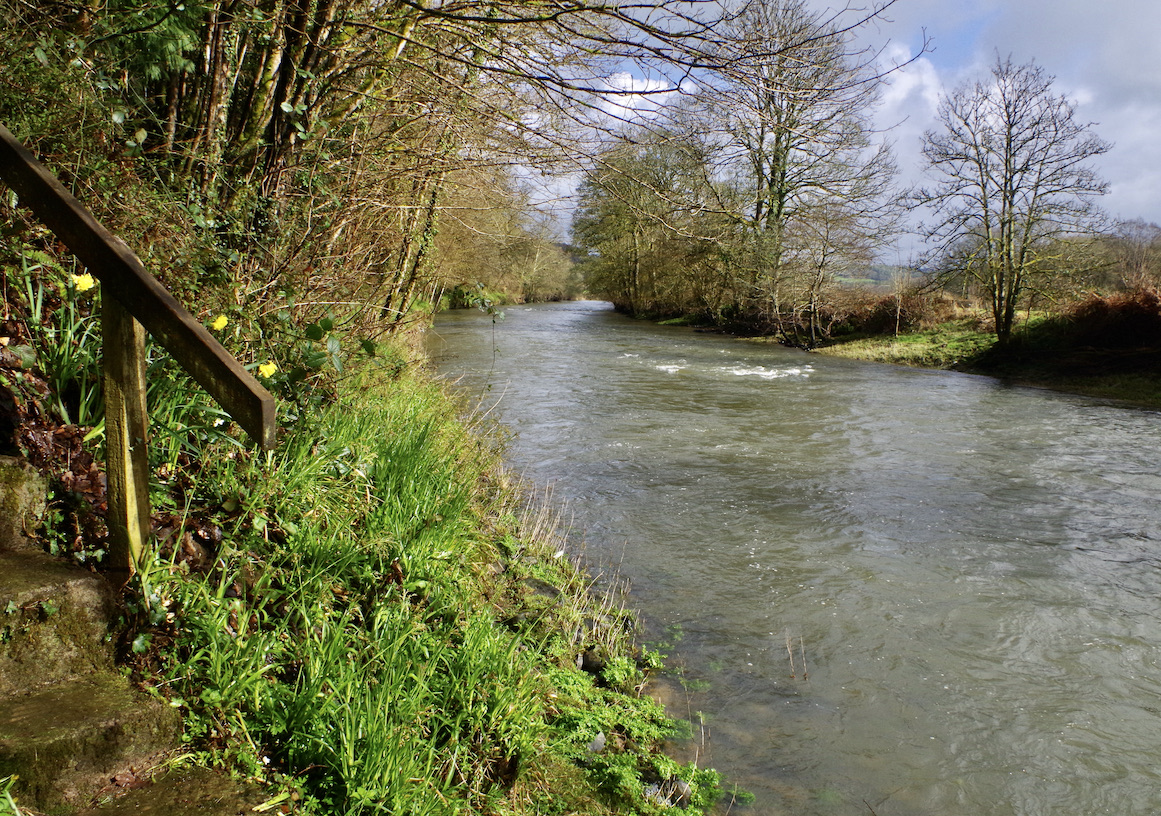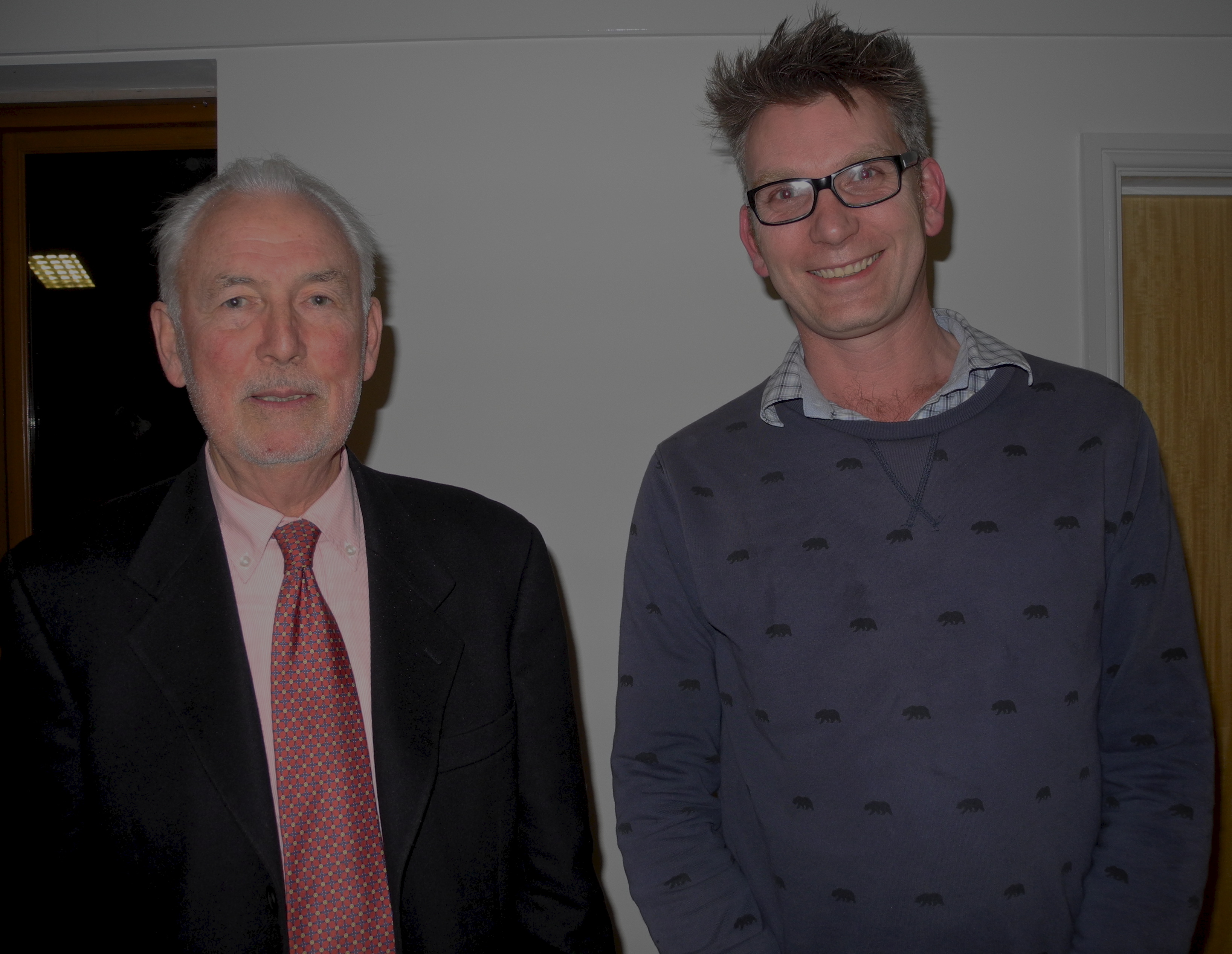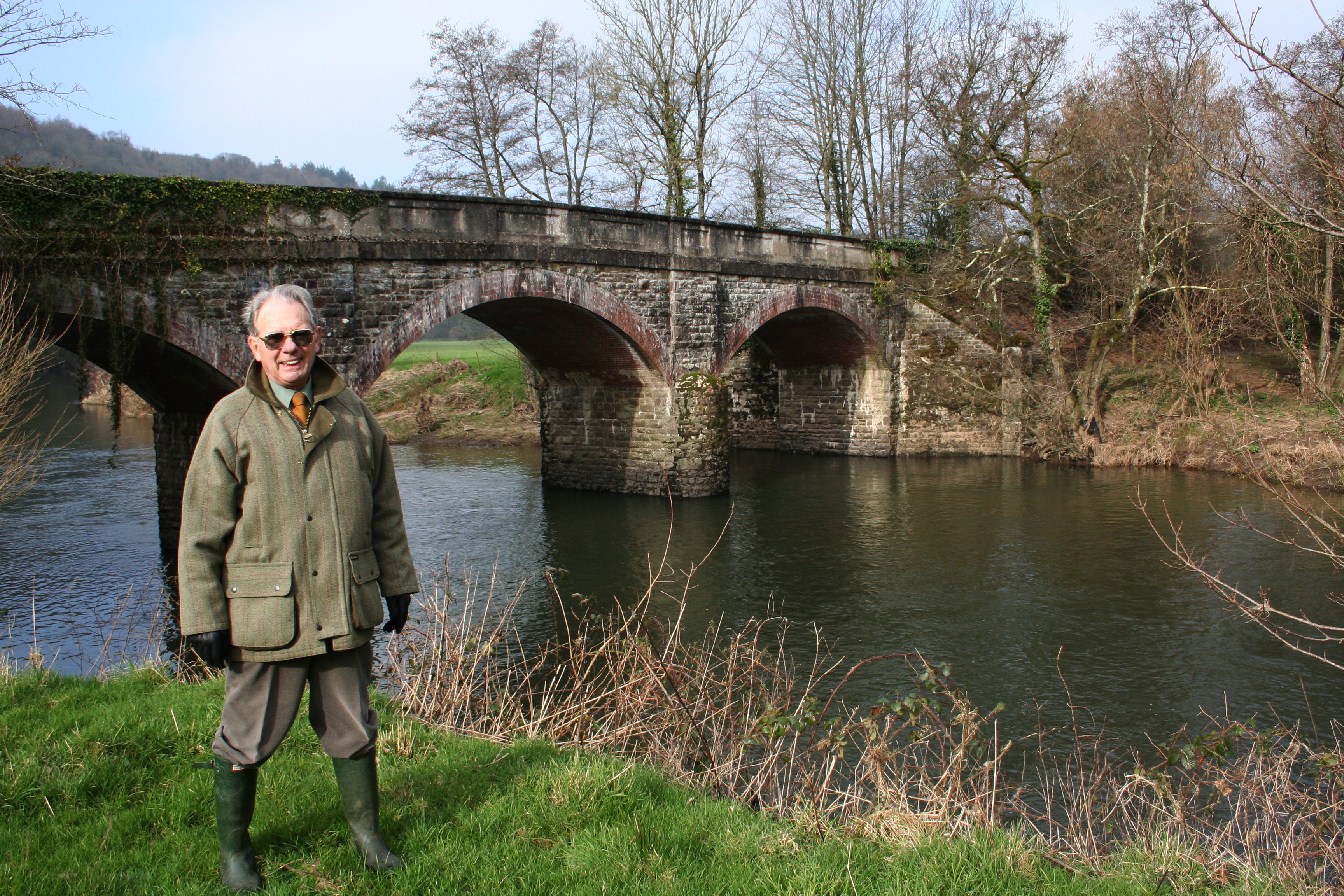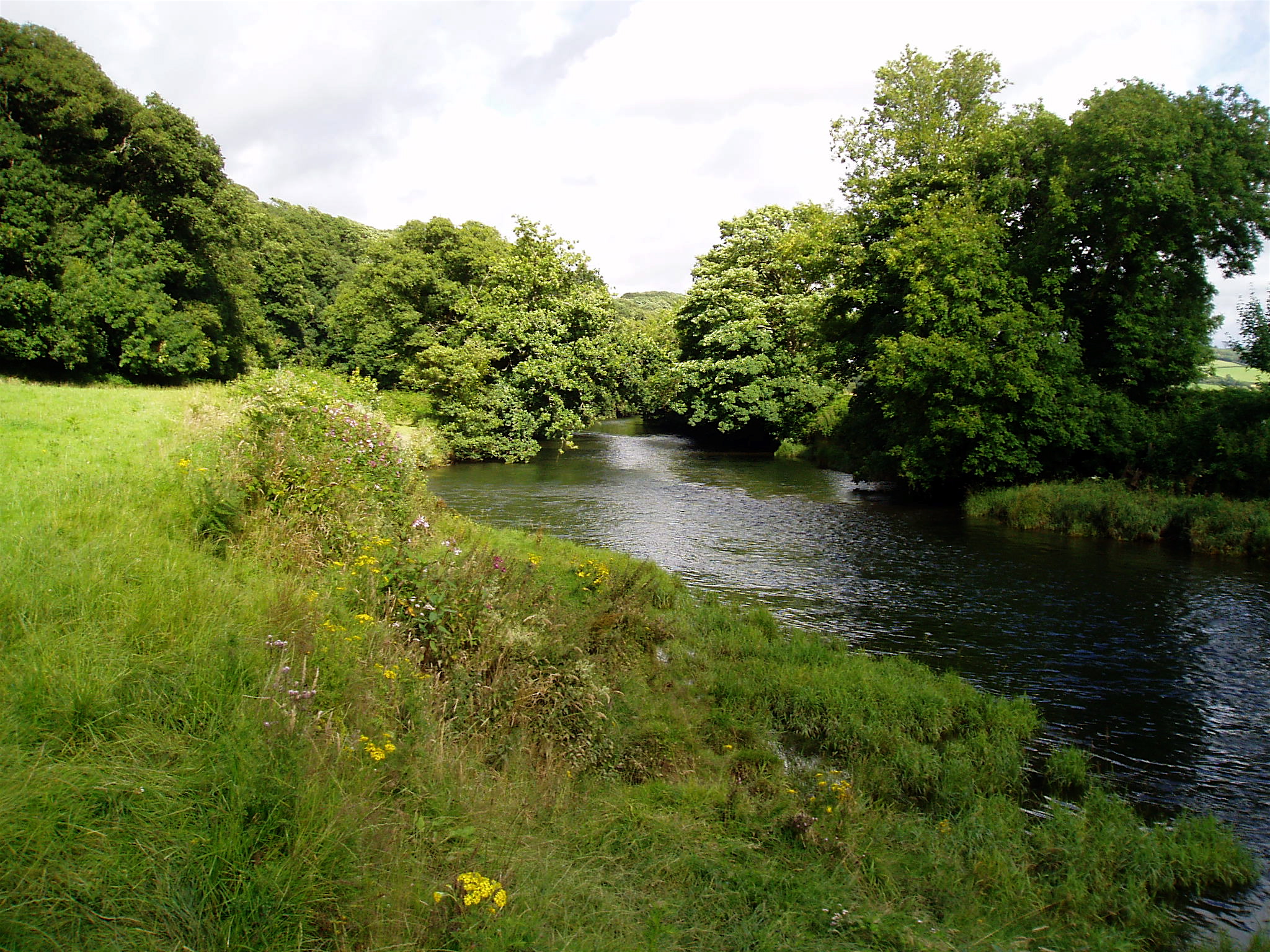RIVER TAW FISHERIES AND CONSERVATION ASSOCIATION
NOTICE OF AGM AND ANNUAL FUNDRAISER – FRIDAY 28 MARCH 2025
The RTFCA AGM will be held at the Fox and Hounds Hotel, Eggesford EX18 7JZ on Fri 28 March 2025 commencing at 1845hrs.
Bar facilities and a Finger Buffet will be provided (Members are politely asked to make a donation for the buffet at the event)
Guest speakers will update on some exciting new projects taking place on the Taw catchment.
Some great and rare opportunities for fishing have been very generously provided in the fundraiser. We use all of the money we raise to fund or match fund projects on the Taw catchment.
We would prefer you to attend the AGM and bid on the night (non-members are welcome to attend) but will be offering an opportunity to make a bid online.The list of auction lots is attached
RIVER TAW FISHERIES & CONSERVATION ASSOCIATION – 2025 ANNUAL FUNDRAISING AUCTION
| Lot No
|
Description | Guide Price | Remarks |
|
1 |
A day’s Guided woodland deer stalking in 700 acres of mature woodland near Exeter.
Red and roe; either sex. At a time to suit you and the seasons. Kindly donated by Andy Gray
|
£100 – 150 |
|
|
2
|
A tweed jacket of your choice from Brooke Taverner
Donated by Russell Scott Lawson |
£300 |
|
|
3 |
An evening’s Duck Flighting for 4 to 6 guns at Colleton Manor followed by a warming drink.
Kindly donated by Simon & Grania Phillips |
£160 |
To be taken during the Autumn |
|
4 |
Haunch of Roe Deer Venison.
Kindly donated by Andy Gray.
|
£40 |
Andy will take as many bids at £40 as he is able and will produce the goods! |
|
5 |
A day’s Salmon Fishing for two rods at Upper Weirmarsh, Middle Taw.
Kindly donated by Mark Maitland-Jones.
|
£100 |
|
|
6 |
2 hour Fly Fishing and casting Instruction.
Kindly donated by Bryan Martin (Advanced Qualified Game Angling Instructor) |
£75
|
|
|
7 |
A day’s Salmon Fishing for two rods at Upper Braggamarsh, Middle Taw. This includes Radford’s and the Gutter.
Kindly donated by Alex Gibson |
£100 |
Alex may be convinced to offer another additional day if many bids are received.
|
|
8 |
A day’s Salmon Fishing for two rods on the Kingford Beat, Middle Taw, including the Bend and Buckinghams.
Kindly donated by Simon Hillcox |
£120 |
|
|
9 |
A boxed bottle of Krohn 2016 Vintage Port.
Kindly donated by John Smith.
|
£25 |
|
| 10 | A Magnum of 2021 Cotes du Rhone from M Chapoutier
Kindly donated by Charlie Cotton Bray Valley Wines
|
£25 | |
|
11 |
A day’s trout fishing on the classic and famous chalk stream the Bourne in Hants
Kindly donated by Michael Malyon
|
£200
|
|
|
12 |
An evening/night’s Sea Trout Fishing for one rod at Junction Beat, Middle Taw guided by Richard Nickell.
kindly donated by the Junction Syndicate
|
£75 |
Choice of day – Sat, Mon or Tue. |
|
13 |
A day’s Salmon Fishing in August or September for two rods at Cove on the Exe.
Kindly donated by Michael Malyon
|
£90 |
|
|
14 |
A Silky Pocketboy 130mm Handsaw with case (absolutely ideal for bankwork).
Kindly donated by John Smith
|
£35 |
|
|
15 |
A day’s salmon fishing on the Woolhanger Beats, middle Taw. Includes a guide by Len Francis if taken on a Wednesday
Kindly donated by Woolhanger Estates |
£150 | Nearly 3 miles of fishing above Umberleigh |
|
16 |
A day’s Salmon fishing for two rods on the Lenton Beat of the R Mole
Kindly donated by Mr Andrew Maund
|
£80
|
|
|
17 |
A morning or evening’s Deer Stalking at King’s Nympton Park for a roe buck or doe, or a red deer, stag or hind, according to season, guided by the estate keeper Jerry Weston.
Kindly donated by Lord Lichfield
|
£80 |
|
|
18 |
A day’s Salmon fishing on the King’s Nympton Park Home Beat on the Mole.
Kindly donated by Lord Lichfield
|
£75 |
|
|
19 |
A day’s Salmon/sea trout fishing (Wednesday or Sunday) on the Junction Beat of the R Taw.
Kindly donated by Lord Lichfield.
|
£80 |
|
|
20 |
A side of award winning Blakewell Smoked Salmon.
Kindly donated by Richard Nickell
|
£45 |
|
|
21 |
A Shotgun Service, excluding parts, or Rod Ringing Voucher from Lance Nicholson in Dulverton.
Kindly donated by James Veale |
£60 |
|
|
22 |
A day’s Salmon and Sea Trout Fishing for two rods on the Mole at Alswear.
Kindly donated by George Marsh.
|
£60 |
|
|
23 |
A 2 fish Trout Fishing Evening Ticket at Blakewell Fisheries. Muddiford Nr Barnstaple
Kindly donated by Richard Nickel
|
£35 |
|
|
24 |
A day’s salmon fishing for 2 rods on the Golden Mile and Sheepwash Beats on the River Wye; a night’s self-catering accommodation in the Retreat Fishing Lodge and the services of a resident ghillie can be arranged.
Kindly donated by Ian Thorpe.
|
£150 – 200 |
|
|
25 |
Tour of Lord’s Cricket Ground for two, outside the cricket season, including the Pavilion and Long Room and the Real Tennis Court, to include watching a game of real tennis and having it explained.
Kindly donated by Alex Gibson.
|
£60 |
|
|
26 |
A day’s salmon fishing in August or September for two Rods at Cove on the R Exe
Kindly donated by Michael Malyon.
|
£90 |
|
|
27 |
A nights sea trout fishing at Watertown on the Mole. Days available Sunday or Monday, dates to be agreed by both parties.
Kindly donated by the Brown, Eastwood and Martin families
|
£80 – 100 |
|
|
28 |
A day’s guided fishing on the famous Golden Pool on the R Torridge for salmon, sea trout or trout.
Kindly donated by Peter Twomey
|
£100 |
|
|
29 |
Half a day strimming or chainsaw work 4 hrs.
Within 10 miles of Chulmleigh.
Kindly donated by Eddie Rands
|
£80 |
|
|
30 |
Kit Heath Jewellery to be viewed on the night.
Kindly donated by Richard and Kate Nickell
|
£75 |
|
|
31 |
A day’s guided fishing for one rod on the Glyn water on the R Fowey
Kindly donated by Andrew Maund
|
£80 – 100 |
|
|
32 |
A day’s salmon fishing for two rods on the Bolham beat of the R Exe
Kindly donated by Andrew Maund
|
£80 -100 |
|
|
33 |
An evening’s Brown Trout fishing on the Little Dart
Kindly donated by George Stucley
|
£50 |
If you wish to make an online bid for a lot/item in the fundraising auction then please forward your bid by email to [email protected]
And include:
Title: ie Fundraiser Bid
Name:
Contact Email:
Lot/Ser Number:
Amount bid:
Bids must be submitted by no later than midday on Thursday 27 March 2025. If you are lucky enough to secure the bid then we will be in touch with you by email. The payment will be by BACs (details will be provided to you). On receipt of your payment we will release the contact details to you so that you can arrange your fishing/purchase pick up directly with the donor who will be expecting your call.






